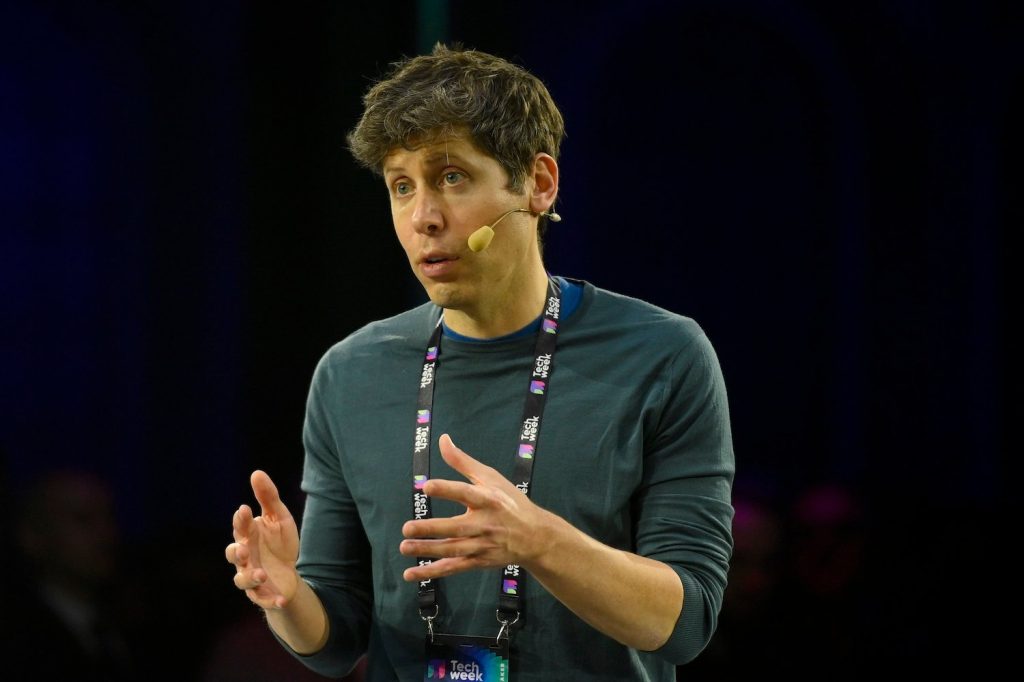After weeks of internal turmoil and high-profile poaching by rivals, the company behind ChatGPT is attempting to get back on offense, starting with some poaching of its own.
The past month has been especially bruising for OpenAI. Meta Platforms, the parent company of Facebook, Instagram, and WhatsApp, has raided the company for some of its top AI talent, luring away roughly a dozen elite researchers with promises of big money, greater autonomy, and a shared mission to build Artificial General Intelligence (AGI).
The steady stream of exits hurt morale. In response, OpenAI gave all employees a week off to recharge. But now, the company appears to be countering with its own recruiting victories.
According to Wired, OpenAI has quietly hired four high-profile engineers from rival firms. Among them is David Lau, former Vice President of Software Engineering at Tesla; Uday Ruddarraju, the former Head of Infrastructure Engineering at Elon Musk’s xAI and X (formerly Twitter); Mike Dalton, also from xAI; and Angela Fan, an AI researcher who previously worked at Meta. Both Dalton and Ruddarraju had been key engineers on Colossus, xAI’s massive supercomputer project.
Speaking to reporters on Wednesday at the annual Allen & Company Sun Valley Conference, an elite gathering of tech and media executives, OpenAI CEO Sam Altman brushed off the defections.
“We have an incredibly talented team,” Altman said. “And I think they really love what they’re doing. Obviously, some people will go to different places. There’s a lot of excitement in the industry.”
Sam Altman was asked how he felt about Zuck and Meta poaching OpenAI’s top talent.
“Fine… good…” he said.
Behind Jony Ive–designed glasses, I couldn’t see his eyes. But I could feel the pain.
It’s not hard for Zuck to poach OpenAI talent, not just because he has the money,… pic.twitter.com/PRTigmL0WU
— Yuchen Jin (@Yuchenj_UW) July 8, 2025
Still, OpenAI appears eager to shift the narrative away from crisis and back toward product innovation.
According to Reuters, the company is preparing to launch its own AI-powered web browser, a direct challenge to Google Chrome and the latest signal that OpenAI wants more control over the entire AI user experience.
The browser will reportedly integrate Operator, OpenAI’s web-browsing AI agent, and rethink the way users search and navigate online. Rather than redirecting to third-party sites, the browser may keep user interactions directly within ChatGPT, an experience that could reshape how people engage with the internet. It also suggests OpenAI is seeking more first-party user data and fewer dependencies on dominant players like Google.
The move comes just as rival Perplexity announced its own AI-native browser, Comet, which launched Wednesday, July 9.
“Comet is a web browser built for today’s internet,” Perplexity wrote in a blog post. “In the last 30 years, the internet has evolved from something we simply browse or search. The internet is where we live, work, and connect.”
Perplexity says users can ask Comet to compare product delivery speeds across sites, summarize articles, explain tough concepts, or generate new ideas based on whatever content they’re viewing, right from the page.
Meanwhile, OpenAI is also expected to release an open-source version of its reasoning model next week, a strategic play to compete directly with Meta, which has leaned heavily into open-source AI development as a way to build influence and gain developer mindshare.
The stakes are high. OpenAI’s position as the dominant force in generative AI is no longer a given. Between Meta’s growing talent pool, the rise of Perplexity, and ongoing scrutiny over its governance and alignment with Microsoft, OpenAI now finds itself in a pivotal moment: either reclaim momentum or risk losing its lead.
The company did not respond to a request for comment.

